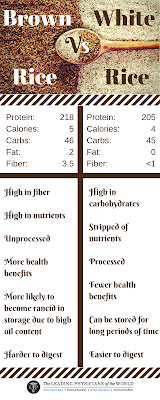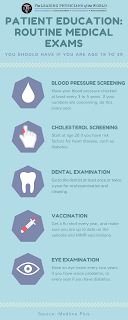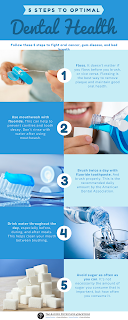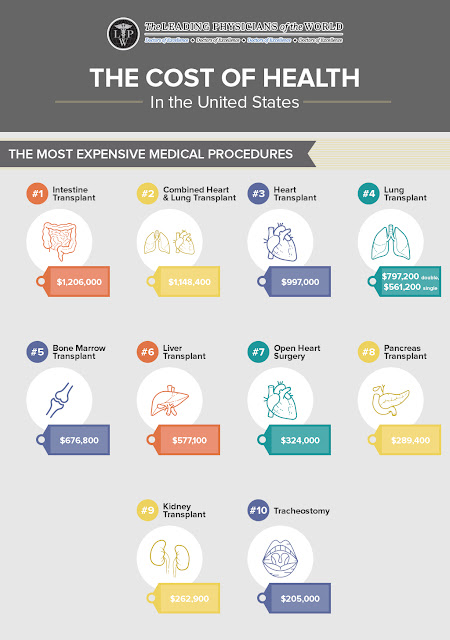Nutritional Values of Brown Rice vs. White Rice

Rice is widely consumed all over the world and it is even deemed to be the staple food in most parts. This makes it an important food since it comes with nutrients for the body, the major being a major source of energy due to its high concentration of carbohydrates and starch. Depending on the type of rice in terms of strains, either being white or brown, and the quality of soil in which it is grown,nutrients may be altered. Brown rice and white rice differ in many ways although white rice typically starts as brown rice by undergoing the milling processes to remove the husks, brans, and germs. By getting to know the differences, one is able to know the health impact of rice being consumed. Vitamins and Minerals Rice contains vitamin B6 and the following minerals · Thiamine · Niacin · Manganese · ...




